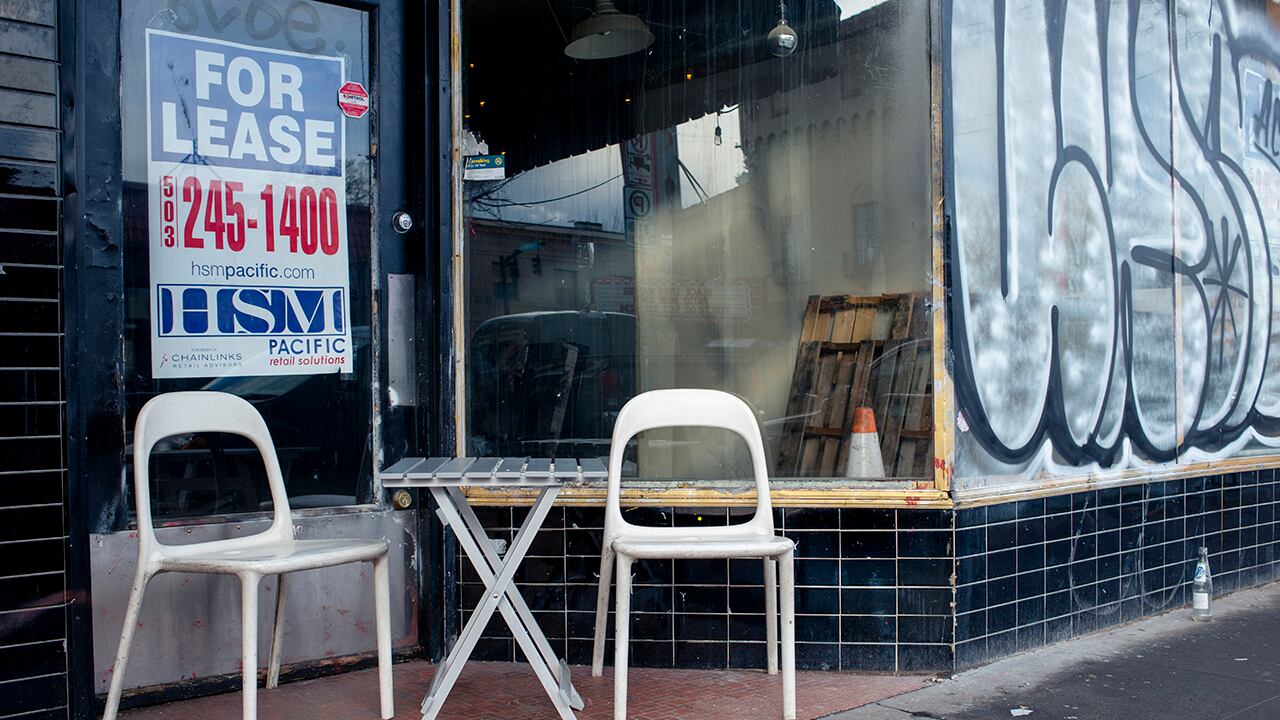The COVID-19 pandemic crushed Portland's economy last year.
One indication of how dismal things were: the sharp decline in the number of new business licenses issued by the city of Portland.

The city's restaurant industry, which faced some of the nation's tightest pandemic restrictions, was particularly hard hit.
The Oregon Restaurant and Lodging Association says that 500 Portland restaurants closed during the year. Balanced against those closures were 330 new openings. But the net loss of 170 and the fact that most eateries that remained open employed skeleton crews for takeout only explains why the restaurant and hospitality sector lost more jobs than any other business sector in the state and why unemployment in Multnomah County (7%) remains higher than the state average (6.4%).
Even when the news is good for restaurants, it's bad. Gov. Kate Brown reopened Portland-area restaurants for indoor dining Feb. 12, albeit at 25% of capacity. That day, of course, was when a snowstorm paralyzed the city.
So where's the sunshine? At the bottom of the food chain: carts. These meals on wheels are where low startup costs have long been the incubator of the city's nationally renowned restaurant scene. When running brick-and-mortar restaurants grew impossible, many chefs returned to their roots.
Food industry veteran Anthony Brown started his food cart Nacheaux the same week in March that Brown closed the state. "It was insane," Brown recalls. But business was so good that Nacheaux is moving on March 5 to a brick and mortar space in the old Alameda Brewhouse, part of a new wave of restaurants that will redefine the scene. "I feel very, very fortunate," Brown says.

